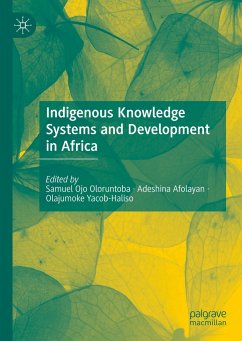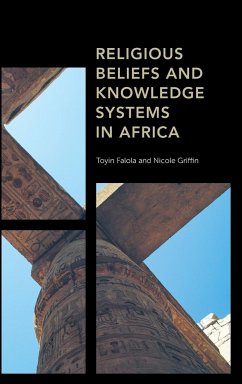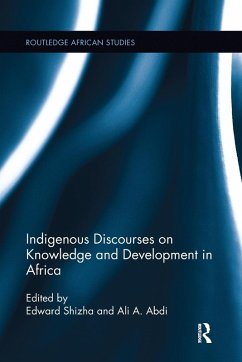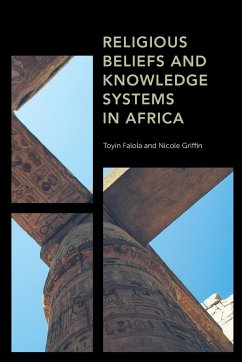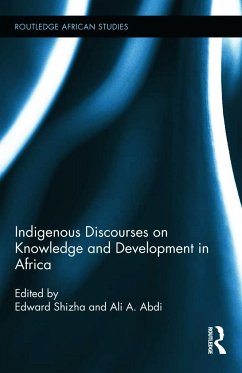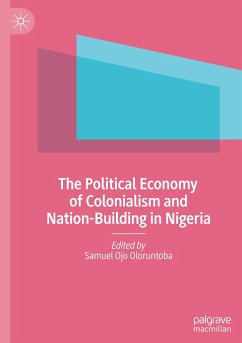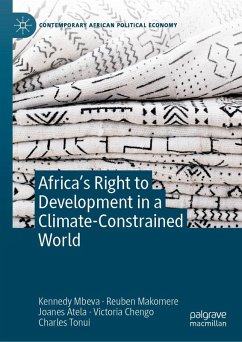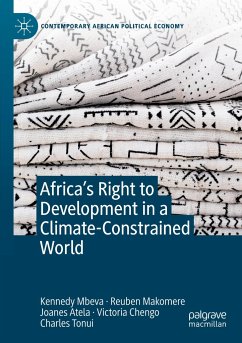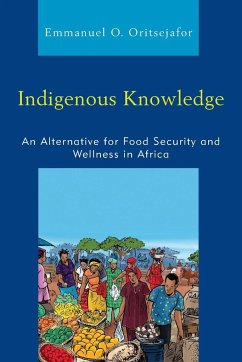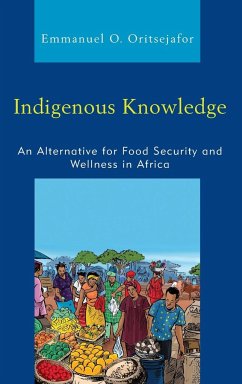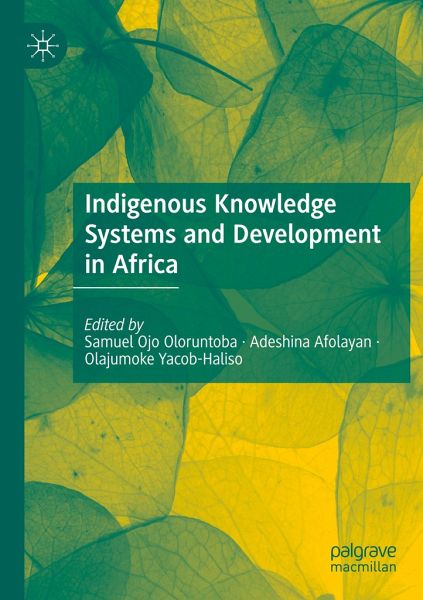
Indigenous Knowledge Systems and Development in Africa
Versandkostenfrei!
Versandfertig in 6-10 Tagen
76,99 €
inkl. MwSt.

PAYBACK Punkte
38 °P sammeln!
This edited volume analyzes African knowledge production and alternative development paths of the region. The contributors demonstrate ways in which African-centered knowledge refutes stereotypes depicted by Euro-centric scholars and, overall, examine indigenous African contributions in global knowledge production and development. The project provides historical and contemporary evidences that challenge the dominance of Euro-centric knowledge, particularly, about Africa, across various disciplines. Each chapter engages with existing scholarship and extends it by emphasizing on Indigenous knowl...
This edited volume analyzes African knowledge production and alternative development paths of the region. The contributors demonstrate ways in which African-centered knowledge refutes stereotypes depicted by Euro-centric scholars and, overall, examine indigenous African contributions in global knowledge production and development. The project provides historical and contemporary evidences that challenge the dominance of Euro-centric knowledge, particularly, about Africa, across various disciplines. Each chapter engages with existing scholarship and extends it by emphasizing on Indigenous knowledge systems in addition to future indicators of African knowledge production.



